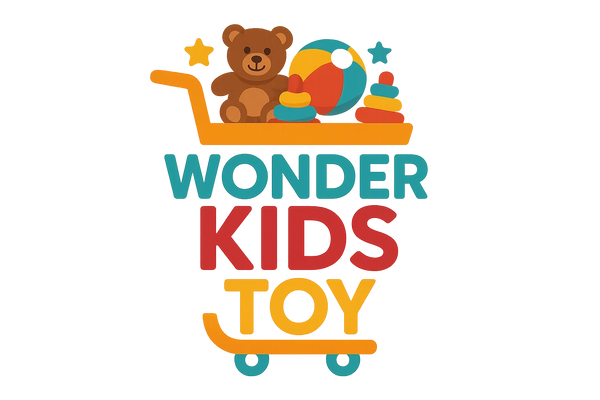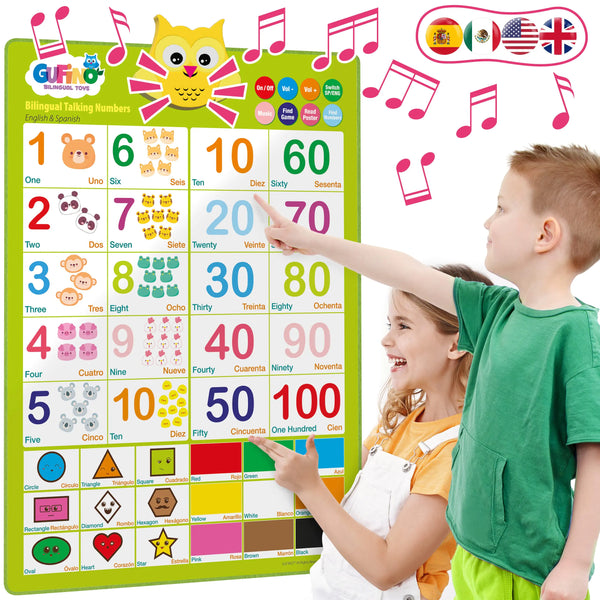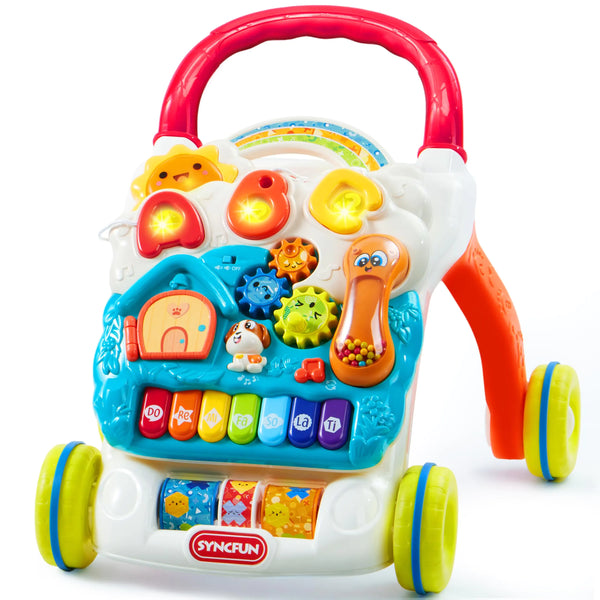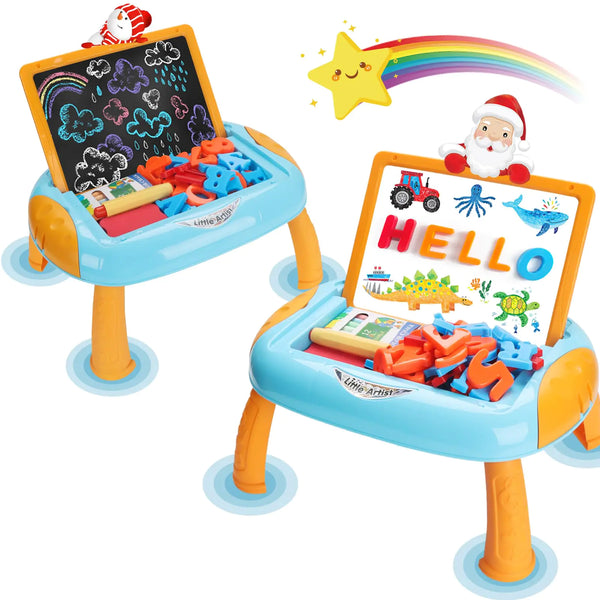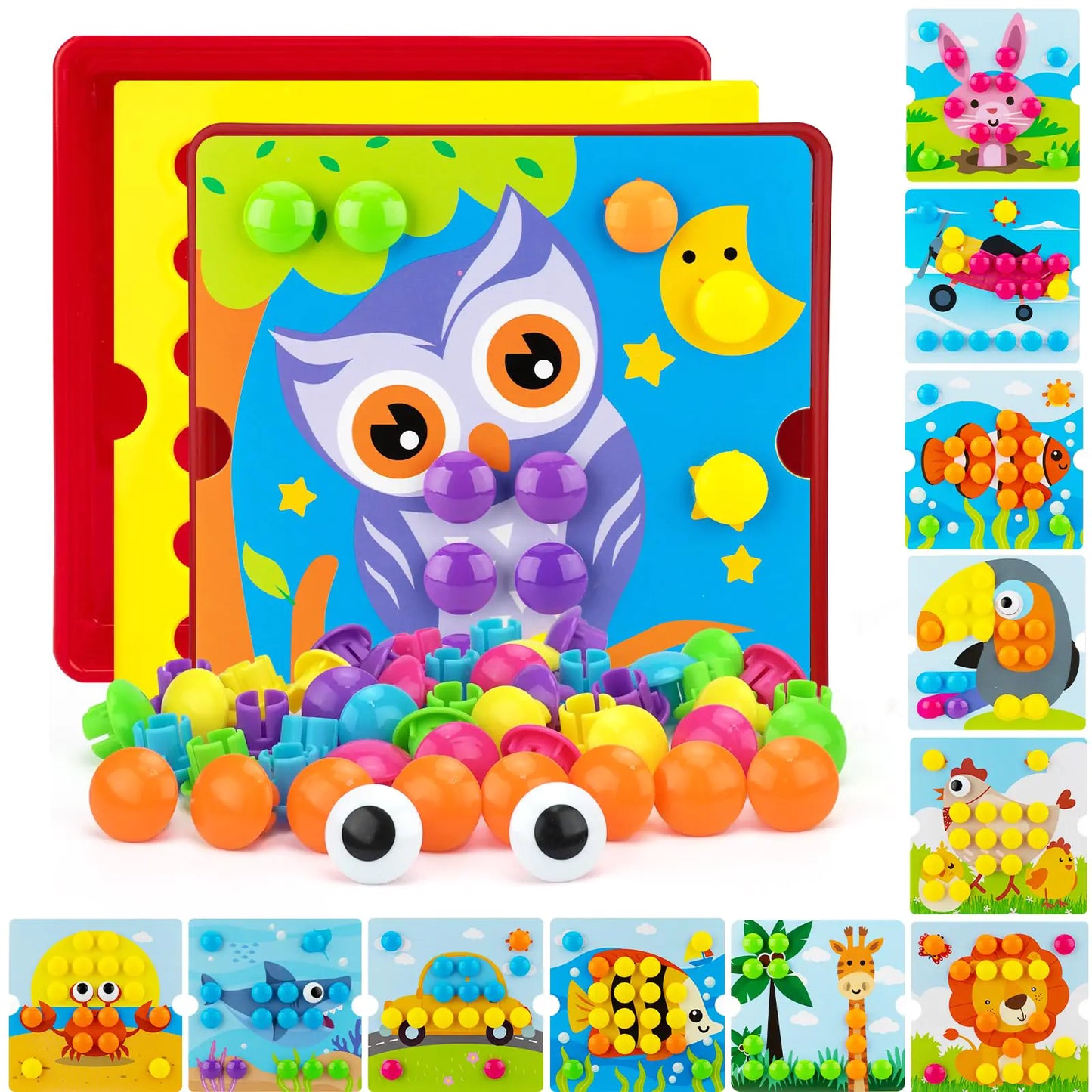Exploring the innovative integration of video games in education reveals a dynamic shift in teaching methodologies. This article delves into various genres of educational video games, from role-playing to simulation, and their potential to enhance learning experiences in the classroom. By leveraging the engaging nature of video games, educators can offer students a unique way to develop critical skills and absorb complex subjects through interactive and enjoyable methods.
Key Takeaways
- Educational video games transform traditional learning methods by integrating fun and interactive elements.
- Role-playing and simulation games are particularly effective in teaching complex problem-solving and social skills.
- Strategic and adventure games can significantly enhance students’ creativity and decision-making abilities.
- Incorporating video games into the curriculum can boost engagement, motivation, and retention of educational material.
- The future of educational video games looks promising, with advancements in technology further enhancing immersive learning experiences.
Exploring the Best Educational Video Games for Learning

Selecting the Right Games for Different Age Groups
When it comes to choosing the right educational video games for your kids, age appropriateness is key. Games like Gamestar Mechanic are perfect for kids who are into tech, allowing them to design and build their own games, while Math Blaster makes learning math fun for younger learners.
Benefits of Game-Based Learning
Game-based learning boosts cognitive skills and makes education interactive and fun. Engaging Minds offers a variety of educational games that enhance learning through play, making it a great resource for parents.
Integrating Games into the Curriculum
Incorporating video games into the educational curriculum can make learning more appealing and effective for students. Schools across the country have successfully used games like Quest Atlantis to immerse students in learning while having fun.
Harnessing the Power of Role-Playing Games in Education

Developing Social Skills Through RPGs
Role-playing games (RPGs) are a fantastic way for kids to develop essential social skills. By stepping into the shoes of different characters, kids learn empathy, teamwork, and communication. It's not just about winning; it's about understanding and collaborating with others to achieve common goals.
Enhancing Historical and Cultural Understanding
RPGs can transport players to different times and cultures, offering a rich context for learning history and social studies. This immersive approach helps students understand complex historical events and cultural nuances in a way that textbooks alone cannot provide.
Role-Playing Scenarios for Problem Solving
One of the most significant benefits of RPGs in education is their ability to engage students in complex problem-solving scenarios. These games require players to think critically and make decisions that have consequences within the game, mirroring real-life decision-making processes.
Adventure Games: A Gateway to Creative Learning

Boosting Creativity and Imagination
Adventure games are a fantastic way for kids to stretch their creative muscles. By navigating through rich, imaginative worlds, children can develop a stronger sense of creativity which is crucial in all aspects of life. These games often require players to think outside the box to solve puzzles or overcome obstacles, which enhances their problem-solving skills and ability to think creatively under pressure.
Encouraging Exploration and Discovery
The allure of adventure games lies in their ability to simulate vast, unexplored worlds that beckon players to venture further. This not only makes learning exciting but also instills a sense of curiosity and exploration in children. They learn to be observant, to notice patterns, and to gather information from their surroundings, which are essential skills in both academic and real-world scenarios.
Using Adventure Games to Teach Science and History
Integrating adventure games into subjects like science and history can make these subjects more relatable and interesting for students. For instance, a game that takes place in historical settings can provide a vivid way to learn about historical events and figures. Similarly, games that incorporate scientific concepts can help students visualize and understand complex theories in a more engaging way. This approach not only makes learning more enjoyable but also helps in retaining information longer.
Strategy Games to Enhance Critical Thinking

Improving Decision-Making Skills
Strategy games are a fantastic way for kids to enhance their decision-making skills. By presenting them with scenarios that require careful thought and strategic planning, these games help children learn to weigh options and foresee potential outcomes. This hands-on approach to problem-solving can be incredibly beneficial in real-world situations.
Games That Teach Economic and Resource Management
In strategy games, managing resources efficiently is often key to success. This teaches kids the importance of resource allocation and budgeting, skills that are vital in everyday life. For example, games like Civilization require players to manage a whole economy, which can help in understanding economic principles from a young age.
Strategic Games for Group Collaboration
Playing strategy games often involves teamwork, especially when the games are designed for multiple players. This aspect of gaming encourages children to develop their social skills and learn how to work cooperatively. It's a fun way to build team spirit and leadership qualities among young learners.
Educational Video Games for Math Mastery

Making Math Fun and Accessible
I've found that the key to helping kids embrace math is to make it fun! Games like Math Blaster have turned the daunting tasks of addition and subtraction into exciting missions. These games use vibrant visuals and engaging storylines to keep the learning process light and enjoyable.
Games That Build Advanced Problem-Solving Skills
Math games aren't just about basic arithmetic. They're about developing critical thinking and advanced problem-solving skills. By tackling complex puzzles, kids learn to approach problems strategically, enhancing their cognitive abilities in a playful context.
Recommended Math Games for Various Grades
Here’s a quick list of games tailored for different grade levels:
- Grades 1-2: Sum Swamp
- Grades 3-5: Quest Atlantis
-
Grades 6+: Gamestar Mechanic
These games ensure that as children grow, they continue to find math challenges that are both age-appropriate and exciting.
Language Learning Through Gaming

Vocabulary Building Games
I've found that vocabulary building games are a fantastic way to expand your child's language skills without the drudgery of rote memorization. Games like FabuLingua offer interactive storytelling that captivates children while introducing new vocabulary in a fun context. These games make learning new words exciting and integrate them into memorable stories, enhancing retention.
Grammar and Writing Skills Games
Grammar doesn't have to be boring! With games designed to teach grammar and writing, kids can learn the rules of language through play. This approach not only makes learning more enjoyable but also more effective. By engaging in games that challenge them to construct sentences and use proper grammar, children develop a practical understanding of how language works, which is crucial for their academic growth.
Cultural Immersion via Language Games
Exposing your child to different cultures through language games is an enriching experience that broadens their worldview. Games that incorporate cultural elements teach children about diversity and the beauty of other societies. This type of learning is especially impactful as it goes beyond language, offering insights into customs, traditions, and ways of life different from their own.
Science Learning Made Fun with Video Games

Interactive Games for Learning Biology
I've found that interactive games are a fantastic way to dive into the world of biology. They make complex topics like photosynthesis and human anatomy accessible and engaging. Imagine your child mastering these concepts not by rote memorization, but through interactive, hands-on experiences that feel more like play than study!
Physics and Chemistry Through Gameplay
Physics and chemistry can often seem daunting with their formulas and abstract concepts. However, integrating these subjects into video games transforms them into exciting challenges. Kids get to experiment with different scenarios that demonstrate the laws of physics and chemical reactions in a safe, virtual environment. This method not only makes learning more intuitive but also sparks a genuine interest in the sciences.
Environmental Science Education Games
Environmental science games are particularly close to my heart. They teach children about sustainability and the importance of conservation through engaging, story-driven gameplay. These games often simulate real-world issues, allowing kids to see the impact of their decisions on the environment. It's a powerful way to build awareness and responsibility towards our planet, all while having a really great time.
The Role of Competition in Learning Games

Healthy Competition Through Educational Games
I've noticed that when kids engage in healthy competition through educational games, they're not just playing—they're learning to strategize, think critically, and understand the value of effort. It's fascinating to see how games can transform the learning environment into a dynamic space where kids are eager to outdo themselves and each other, all while absorbing valuable knowledge.
Balancing Competition and Collaboration
It's crucial to strike a balance between competition and collaboration in educational games. This balance ensures that while kids enjoy the thrill of competition, they also learn the importance of teamwork and mutual support. This dual approach fosters a more rounded development, enhancing both individual and group skills.
Competitive Games That Enhance Learning Outcomes
Selecting the right competitive games can significantly enhance learning outcomes. Games that require critical thinking, problem-solving, and active engagement are particularly effective. They not only make learning fun but also prepare kids for real-world challenges by improving their decision-making skills and boosting their confidence.
Interactive Storytelling for Engaged Learning

Using Narrative to Teach Core Subjects
Interactive storytelling in educational video games is a powerful tool. It allows students to immerse themselves in the material, making learning more engaging and memorable. By weaving core subjects into compelling narratives, these games help students understand complex concepts in a context that feels relevant and exciting.
Games That Improve Reading Comprehension
Games designed around narratives not only make reading fun but also enhance comprehension skills. Students are motivated to follow the story, which in turn boosts their ability to grasp and remember the details. This method proves especially effective in encouraging reluctant readers.
The Impact of Storytelling on Learning Retention
Storytelling has a significant impact on learning retention. The emotional connection students form with characters and scenarios in games helps cement information in their memory. This approach not only makes learning enjoyable but also ensures that knowledge is retained for longer periods.
Using Simulation Games for Real-World Skills

Simulations for Business and Economics Education
Simulation games like SimCity offer a dynamic way to understand complex systems such as city planning and economic management. By making decisions in a simulated environment, kids can see the real-time consequences of their actions, helping them grasp difficult concepts in a fun and engaging way.
Developing Life Skills Through Simulation
Games that simulate real-life situations, like managing a virtual business or city, can teach valuable life skills. These games require players to think critically and make decisions that have long-term effects, mirroring the challenges they will face in real life.
Simulation Games in Healthcare Education
Healthcare simulations can be a powerful tool in education. They allow students to experience the pressures and decisions faced by healthcare professionals. This not only enhances their understanding of the field but also prepares them for future careers in health-related professions.
Simulation games are not just about having fun; they are a bridge to understanding complex real-world systems and developing skills that are crucial for personal and professional growth.
The Impact of Visual and Audio Elements in Educational Games

Enhancing Memory with Visual Cues
Visual elements in games, like vibrant colors and engaging animations, are not just for show. They play a crucial role in enhancing memory retention. For instance, when kids play a game that uses distinct colors to differentiate between historical periods, it helps them remember the facts associated with each period more vividly. Visual cues make learning stickier and more enjoyable.
The Role of Sound in Learning
Sound is another powerful tool in educational games. It can transform the learning environment by adding a layer of emotional engagement or reinforcing memory through repetition. Imagine a game where each correct math problem solved is met with a cheerful jingle. This positive reinforcement through sound can motivate kids to keep engaging and learning.
Designing Multisensory Learning Experiences
Creating a multisensory learning experience is key to effective educational games. Combining visual and audio elements with interactive gameplay makes lessons memorable. For example, a game that requires kids to solve puzzles based on historical events could use thematic music and detailed graphics to immerse the player fully. This approach not only makes learning fun but also caters to various learning styles, ensuring that all kids have the chance to benefit from these educational tools.
Assessing the Effectiveness of Educational Video Games

Methods for Measuring Learning Outcomes
To truly gauge the impact of educational video games, I've found that structured feedback and performance metrics are invaluable. By observing improvements in test scores and the ability to apply learned concepts, we can measure the tangible benefits these games bring to our kids' education.
Feedback and Improvement of Learning Games
It's crucial to listen to what the kids have to say about the games. Their insights can help us tweak and improve the games to better suit their learning needs. Remember, the goal is to make learning engaging and effective!
Case Studies of Successful Educational Games
I love looking at success stories where educational games have made a real difference. These case studies often reveal best practices and strategies that we can apply to other educational scenarios, ensuring that our children receive the best possible learning experience through gaming.
The Future of Educational Video Games in Schools

As we look ahead, the integration of educational video games in schools is not just a possibility—it's becoming a necessity. With the rise of mobile and user-generated content platforms, the landscape of educational gaming is rapidly evolving. Emerging technologies like virtual reality and artificial intelligence are set to redefine how educational content is delivered, making learning more interactive and engaging than ever before.
Emerging Technologies and Their Potential
The potential of emerging technologies to transform educational gaming is immense. Imagine a classroom where virtual reality allows students to experience historical events first-hand or AI tailors learning experiences to individual student needs. This isn't just a dream; it's quickly becoming a reality, and it's exciting to think about how these technologies will make education more dynamic and accessible.
Integrating Games with Traditional Teaching
Integrating games into traditional teaching methods can provide a more holistic educational experience. Games can serve as a powerful tool for reinforcement, allowing students to practice and apply what they've learned in a fun and engaging way. This blend of traditional and modern teaching methods can help cater to various learning styles and keep students motivated.
Predictions for Game-Based Learning Trends
Looking forward, the trend towards gamification in education is expected to grow. We'll likely see more schools adopting game-based learning strategies to enhance curriculum delivery. This could include everything from role-playing games that teach history to strategy games that develop critical thinking skills. As a parent, keeping an eye on these trends can help you choose the right educational toys and games that will support your child's learning journey.
As we explore the transformative potential of educational video games in schools, it's crucial to equip educators and students with the right tools. At Wonder Kids Toy Store, we offer a range of interactive 3D puzzles and educational games that not only entertain but also enhance cognitive skills and foster creativity. Dive into our world of educational marvels and see how we can help shape the future of learning in your school. Visit our website to learn more and explore our products tailored for educational purposes.
Wrapping It Up
As we've explored throughout this article, innovative educational video games are not just a fun diversion but a powerful tool for enhancing learning in the classroom. From improving problem-solving skills to fostering creativity and teamwork, these games offer a dynamic approach to education that can captivate and educate students of all ages. Whether you're a teacher looking to spice up your lesson plans or a parent seeking educational content for home use, integrating these games can make learning an exciting adventure. So why not give them a try and see the positive impact they can have on your educational journey?
Frequently Asked Questions
What are the benefits of using educational video games in the classroom?
Educational video games can enhance student engagement, improve problem-solving skills, and make learning more interactive and fun. They also help in developing critical thinking and creativity among students.
How can I select the right educational video games for different age groups?
Choose games based on the educational content, complexity, and age-appropriateness. Consider the skills and topics that align with your curriculum and the interests of the students.
Can educational video games improve academic performance?
Yes, when integrated effectively into the curriculum, educational video games can improve academic performance by making learning engaging and accessible, thus increasing knowledge retention.
Are there specific types of video games that are more educational?
Yes, strategy games, puzzle games, role-playing games (RPGs), and simulation games are often used for their educational value as they require players to think critically, solve problems, and learn through doing.
How do I integrate video games into my teaching curriculum?
Start by identifying the learning objectives, then select games that align with these goals. Use games as a supplement to traditional teaching methods and ensure they are used to reinforce the learning material.
What are some popular educational video games recommended for classrooms?
Popular educational games include Minecraft: Education Edition, Math Blaster, Gamestar Mechanic, and Quest Atlantis. These games cover a range of subjects and skills, suitable for various educational levels.
How can role-playing games (RPGs) be used educationally?
RPGs can be used to develop social skills, historical and cultural understanding, and problem-solving abilities. They allow students to experience scenarios that require critical thinking and teamwork.
What should I consider when assessing the effectiveness of educational video games?
Consider the engagement level, educational content relevance, skill development, and feedback mechanisms. Also, evaluate how well the game meets the learning objectives and enhances the overall learning experience.

